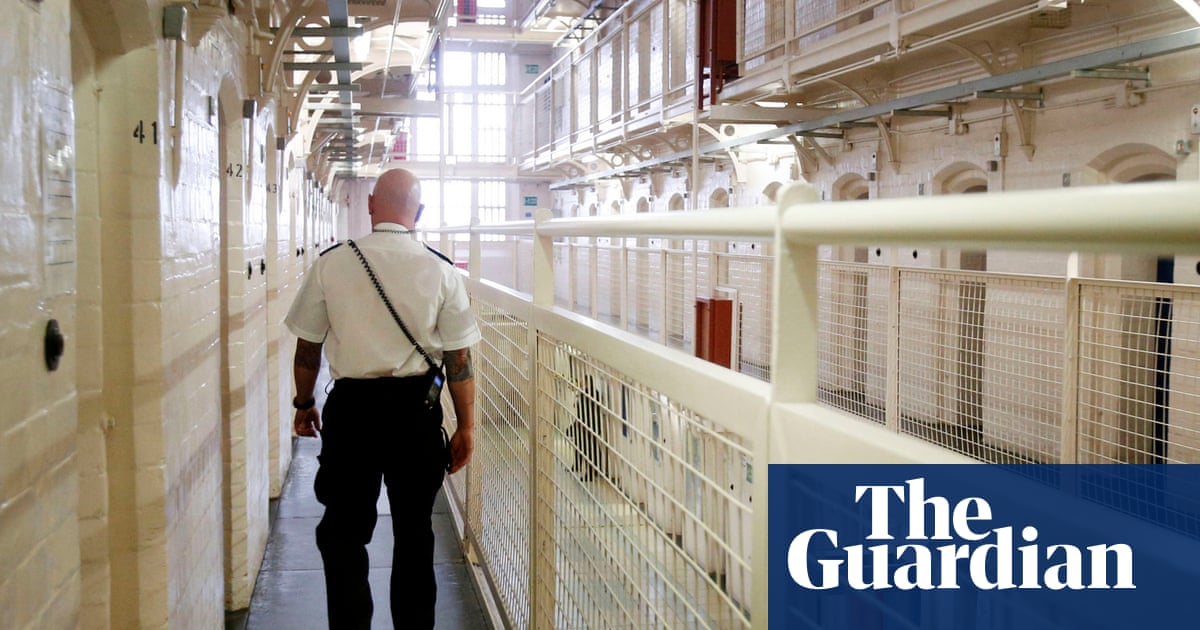Many individuals pay shut consideration to what’s on their plate at dinnertime, aiming to eat meals which might be each nutritious and attractive. However meal timing is commonly an afterthought, with dinner squeezed in solely after work, little one care, social plans, and different obligations are met.
A rising physique of analysis, nonetheless, means that what you eat isn’t the one issue that influences well being. Whenever you eat is necessary, too—and within the case of dinner, research recommend, early birds have it proper.
People have “physique clocks that regulate our physiology and our conduct to such an extent that we’re not the identical particular person within the morning that we’re within the night,” Frank Scheer, PhD, director of the medical chronobiology program at Brigham and Ladies’s Hospital, advised Well being.
Which means the very same meal can have completely different results in your physique relying on once you eat it.
Daisy Duan, MD, an assistant professor within the Division of Endocrinology, Diabetes, and Metabolism on the Johns Hopkins College of Drugs, has demonstrated that in her analysis.
One research by her staff analyzed what occurred when 20 younger, wholesome adults ate the identical dinners on two separate events: as soon as at 6 p.m., and as soon as at 10 p.m. After the later meal, their blood sugar ranges spiked greater, and fats processing decreased, in comparison with after the sooner meal.
Late dinners additionally appear to hit in a different way no matter whether or not somebody eats proper earlier than mattress or provides themself time to digest earlier than sleeping, in line with one in every of Duan’s current experiments.
Why is that? Scheer’s analysis suggests melatonin—a hormone your physique secretes at night time to assist put together for sleep—performs a task. Rising melatonin ranges appear to intrude with the physique’s capacity to manage blood sugar ranges, probably resulting in greater and longer-lasting spikes after consuming, he defined.
Scheer and his colleagues have additionally proven by way of laboratory analysis that individuals are hungrier and burn fewer energy in the event that they eat dinner late versus earlier within the day, and that consuming late triggers tissue-level adjustments that promote fats achieve.
Many research on meal timing are performed in rigorously managed laboratory environments for brief intervals of time, in order that they don’t translate completely to real-life situations.
However based mostly on lab findings, it’s cheap to “speculate” that if somebody habitually eats dinner late, they could be at greater danger of metabolic well being points, together with sort 2 diabetes and weight problems, Duan advised Well being. Loads of research have pointed to that connection.
On the flip facet, different research have discovered that front-loading energy earlier within the day could contribute to weight reduction and enhancements in metabolic well being markers.
And it’s not solely metabolic well being that appears to be linked to meal timing. Different current analysis by Duan means that individuals who don’t eat after 6 p.m. get extra sleep than those that are free to graze all the way in which up till midnight.
Late consuming could even be linked to the next danger of loss of life, in line with a sobering 2024 research.
The underside line: “For most individuals, it will be greatest to restrict the quantity of meals consumption throughout the nighttime hours,” Scheer stated.
Scientists haven’t recognized a single “greatest” time for dinner—but it surely’s protected to say that “avoiding consuming late might be greatest to your metabolism,” Duan stated. Attempt to give your self no less than two hours, and ideally extra, between dinnertime and bedtime, she really useful.
Aiming to eat dinner in some unspecified time in the future between 5 p.m. and seven p.m. is mostly a very good aim, stated Collin Popp, PhD, an assistant professor within the Division of Inhabitants Well being on the NYU Grossman College of Drugs who has studied meal timing.
However, in fact, typically life will get in the way in which and forces you to eat later. Don’t stress an excessive amount of, particularly if it’s a once-in-a-while factor, Popp says. Simply attempt to not eat a “big meal the place you’re Thanksgiving Day-stuffed” shortly earlier than mattress, he advised Well being.
In truth, analysis typically means that dinner shouldn’t be your largest meal of the day, opposite to the American commonplace. “Eat most of your energy earlier within the day, near once you get up and even in the course of the day,” Popp really useful.
When you’re used to consuming late, both due to your schedule or your urge for food, it may be exhausting to change to an earlier mealtime.
To clean the transition, begin making adjustments earlier within the day, Popp prompt. When you habitually skip breakfast and scarf down a fast lunch at your desk, you’ll most likely be ravenous within the night. Prioritize early-in-the-day meals and ensure they comprise loads of protein, fiber, and wholesome fat so that you’re not as hungry at night time, Popp stated.
Some individuals additionally discover it useful to set a particular “cut-off time” after which they cease consuming, reasonably than vaguely taking pictures for an earlier mealtime, Popp added.
When you use that strategy, it’s OK to take child steps, Duan stated. Begin by closing the kitchen simply half-hour earlier than you go to mattress, then an hour, and so forth. “You need to meet your self the place you might be,” she stated. “Begin there.”
Support Greater and Subscribe to view content
This is premium stuff. Subscribe to read the entire article.

:max_bytes(150000):strip_icc()/Health-GettyImages-2203057929-0af94670acbd4bd1b1a238a58fe28ae3.jpg?w=750&resize=750,536&ssl=1)



:max_bytes(150000):strip_icc()/Health-GettyImages-1135307438-b960d96da8874cbd8d57f3d417c2f637.jpg?ssl=1)






:max_bytes(150000):strip_icc()/Health-GettyImages-2203057929-0af94670acbd4bd1b1a238a58fe28ae3.jpg?ssl=1)

